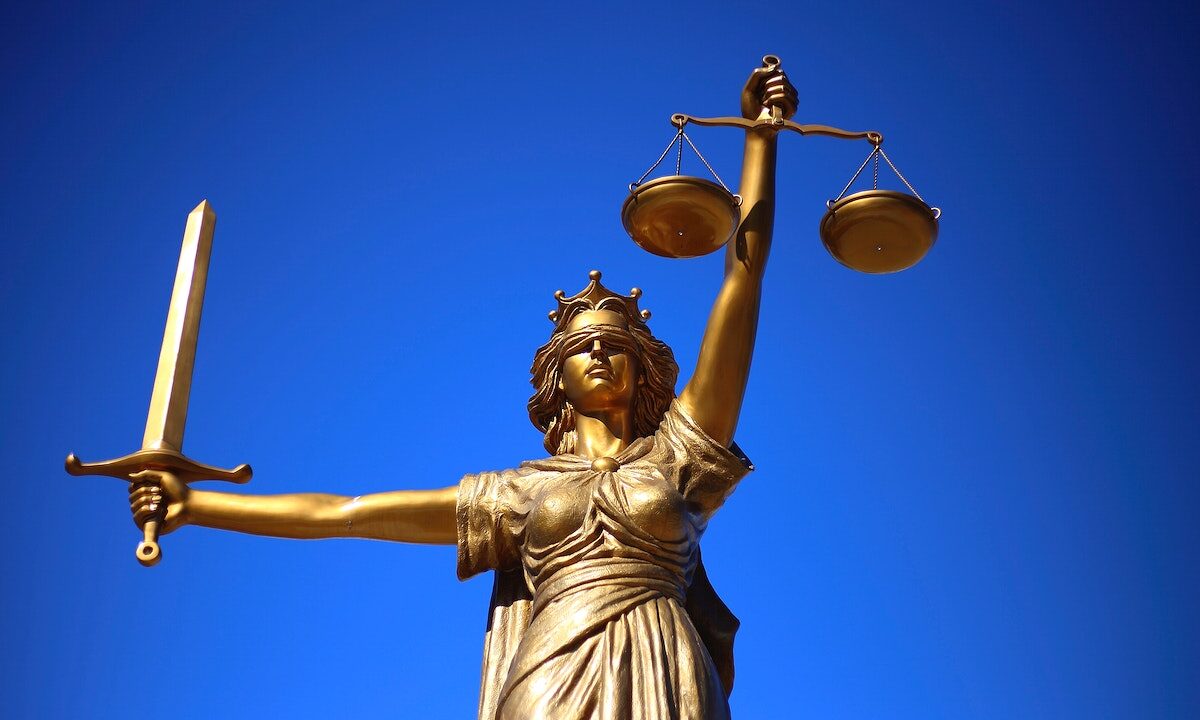

By Nabab - Mar 30, 2024
Across the U.S., criminal justice reforms addressing racial disparities and excessive sentencing are challenging traditional "tough on crime" policies. Despite debates over public safety and accountability, initiatives like sentencing reform, bail changes, and increased diversion programs reflect a shift towards a more equitable system.

LATEST
From coast to coast, a wave of criminal justice reforms is rippling across the United States, sparking intense debates and dividing communities. These reforms, aimed at addressing long-standing issues such as racial disparities, overcrowded prisons, and excessive sentencing, are reshaping the very foundations of the nation's approach to crime and punishment.
At the heart of this movement is a growing recognition that the traditional "tough on crime" policies of the past have failed to create a more just and equitable society. Advocates for reform argue that harsh sentencing laws, particularly for non-violent offenses, have disproportionately impacted marginalized communities, perpetuating cycles of poverty and destabilizing families.
One of the most significant reforms gaining traction is the push for sentencing reform. In 2018, the First Step Act was passed at the federal level, reducing mandatory minimum sentences for certain drug offenses and expanding opportunities for early release. As of 2022, 35 states have followed suit, implementing various sentencing reform measures, including eliminating mandatory minimums for some crimes and increasing judicial discretion.
"We can no longer afford to warehouse human beings in prisons at an astonishing cost to taxpayers and society," said Inimai Chettiar, the executive director of the Justice Action Network, a bipartisan organization advocating for criminal justice reform.
However, these reforms have faced fierce opposition from those who believe they undermine public safety and fail to hold offenders accountable. Law enforcement organizations, such as the Fraternal Order of Police, have voiced concerns that sentencing reductions could embolden criminals and lead to an increase in crime rates.
"We cannot simply release dangerous individuals back into our communities under the guise of reform," said Patrick Yoes, the national president of the Fraternal Order of Police, in a statement last year.
Another contentious issue is the use of cash bail, which critics argue unfairly discriminates against the poor and contributes to mass incarceration. In response, several states, including New Jersey, Illinois, and California, have implemented bail reform measures, either eliminating cash bail entirely or implementing risk assessment tools to determine whether individuals should be released pretrial.
The impact of these reforms has been significant. In New Jersey, for instance, the pretrial jail population has decreased by approximately 44% since the state's bail reform law went into effect in 2017, according to data from the New Jersey Courts. Inevitably, these changes have sparked debates around public safety, with opponents arguing that the release of individuals awaiting trial could pose a threat to communities. Proponents, however, counter that the cash bail system unfairly punishes the poor and perpetuates racial disparities in the criminal justice system.
Beyond sentencing and bail reform, initiatives such as expanding diversion programs, increasing funding for re-entry services, and addressing racial bias in policing are also gaining traction across the country. As these reforms continue to unfold, one thing is clear: the United States is grappling with fundamental questions about the role of incarceration, the balance between public safety and individual liberty, and the pursuit of a more just and equitable criminal justice system.
Navigating these complex issues will require open and honest dialogue, a willingness to confront uncomfortable truths, and a commitment to finding solutions that prioritize both accountability and compassion. The debates may be contentious, but the stakes could not be higher – the very fabric of our society hangs in the balance.